⇩ Use your ears. Click below to hear this post.
|
|
The article argues that, after 45 years of ‘neoliberal destruction’, the time is ripe for moving forward with the adoption of a new set of progressive economic policies (beyond those usually associated with classical Keynesianism) that will reshape advanced societies and the global economy on the whole by bringing back the social state, doing away with the predatory and parasitic practices of financial capital, and charting a course of sustainable development through a regulatory regime for the protection of the environment while promoting full employment, workers’ participation in the production process, and non-market values across a wide range of human services, including health and education.
Policy recommendations
- Capitalism is an inherently unstable socioeconomic system with a natural tendency toward crises, and thus must be regulated; especially the financial sector, which constitutes the most dynamic and potentially destructive aspect of capital accumulation
- Banks, as critical entities of the financial sector of the economy, are in essence social institutions and their main role or function should be to accept deposits by the public and issue loans. When banks and other financial institutions fail, they should be nationalized without any hesitation and all attempts to socialize losses should be immediately seen for what they are: unethical and undemocratic undertakings brought about by tight-knit linkages between governments and private interests. In periods of crisis, the recapitalization of banks with public funds must be accompanied by the state’s participation in banks’ equity capital.
- Markets are socially designed institutions, and as such, the idea of the “free market” represents one of the most pervasive and dangerous myths of contemporary capitalism. From antiquity to the present, trade was based on contracts and agreement between government authorities and was spread through the direct intervention of the state. Human societies without markets cannot thrive. However, markets often function inefficiently (they create oligopolies, give rise to undesirable incentives and cause externalities), and they cannot produce public goods in sufficiently large quantities to satisfy societal needs. Therefore, state intervention into markets is both a social need and a necessary moral obligation.
- The economic sphere does not represent an opposite pole from the social sphere. The aim of the economy is to improve the human condition, a principle that mandates that the process of wealth creation in any given society should not be purely for private gain but, first and foremost, for the support and enhancement of economic infrastructure and social institutions for further economic and social development; with the ultimate goal being the attainment of a decent standard of living for all citizens. Free education and health care should be accessible to everyone, along with the right to a job. Indeed, full employment (See Pollin, 2012) must become a key pillar of a progressive economic policy in the 21st century.
- Workplaces with a human-centered design must replace the current authoritarian trends embodied in most capitalist enterprises, and participatory economics (social ownership, self-managing workers, etc.,) should be highly encouraged and supported.
- The improvement of the quality of the environment (with key priorities being the protection and preservation of ecosystems in oceans and seas and the protection of forests and natural wealth, in combination with policies seeking to address the phenomenon of climate change) ought to be a strategic aim of a progressive economic policy, realizing that the urgency of environmental issues concerns, in the final analysis, the very survival of our own species.
